Keywords: Human Rights Day
There are more than 200 results, only the first 200 are displayed here.
-
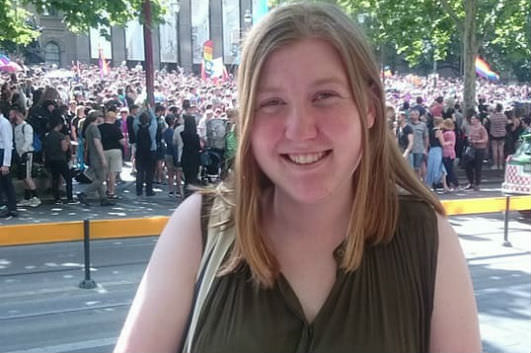
AUSTRALIA
- Neve Mahoney
- 10 January 2018
3 Comments
In the ensuing debate, we shouldn't let ourselves forget that this postal vote never should have happened in the first place, and nothing like this should happen again to any minority group. The public voting yes or no on human rights is not what democracy looks like.
READ MORE 
-
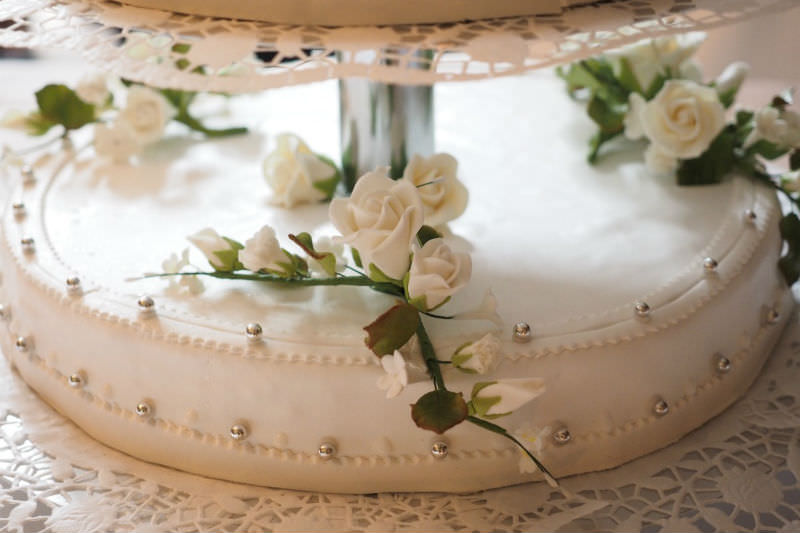
AUSTRALIA
- Andrew Hamilton
- 06 December 2017
11 Comments
The government has appointed a panel to report what legislation may be necessary to safeguard religious rights in light of changes to marriage laws. Given the conflictual nature of public conversation, it may be helpful to step back and to reflect on human rights more generally.
READ MORE 
-

AUSTRALIA
- Neve Mahoney
- 15 November 2017
27 Comments
In the ensuing debate, we shouldn't let ourselves forget that this postal vote never should have happened in the first place, and nothing like this should happen again to any minority group. The public voting yes or no on human rights is not what democracy looks like.
READ MORE 
-
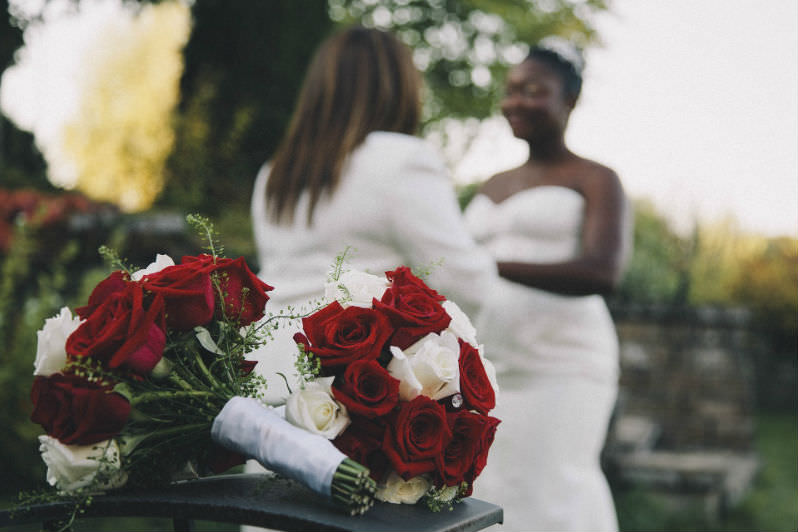
RELIGION
- Frank Brennan
- 10 November 2017
28 Comments
Wednesday will be a day of celebration for those wanting a 'Yes' vote. It should also be a day when we Australians recommit ourselves to respect for all citizens, especially those whose beliefs differ from our own. Our politicians led us into this divisive campaign. Now they need to lead us out of it.
READ MORE 
-
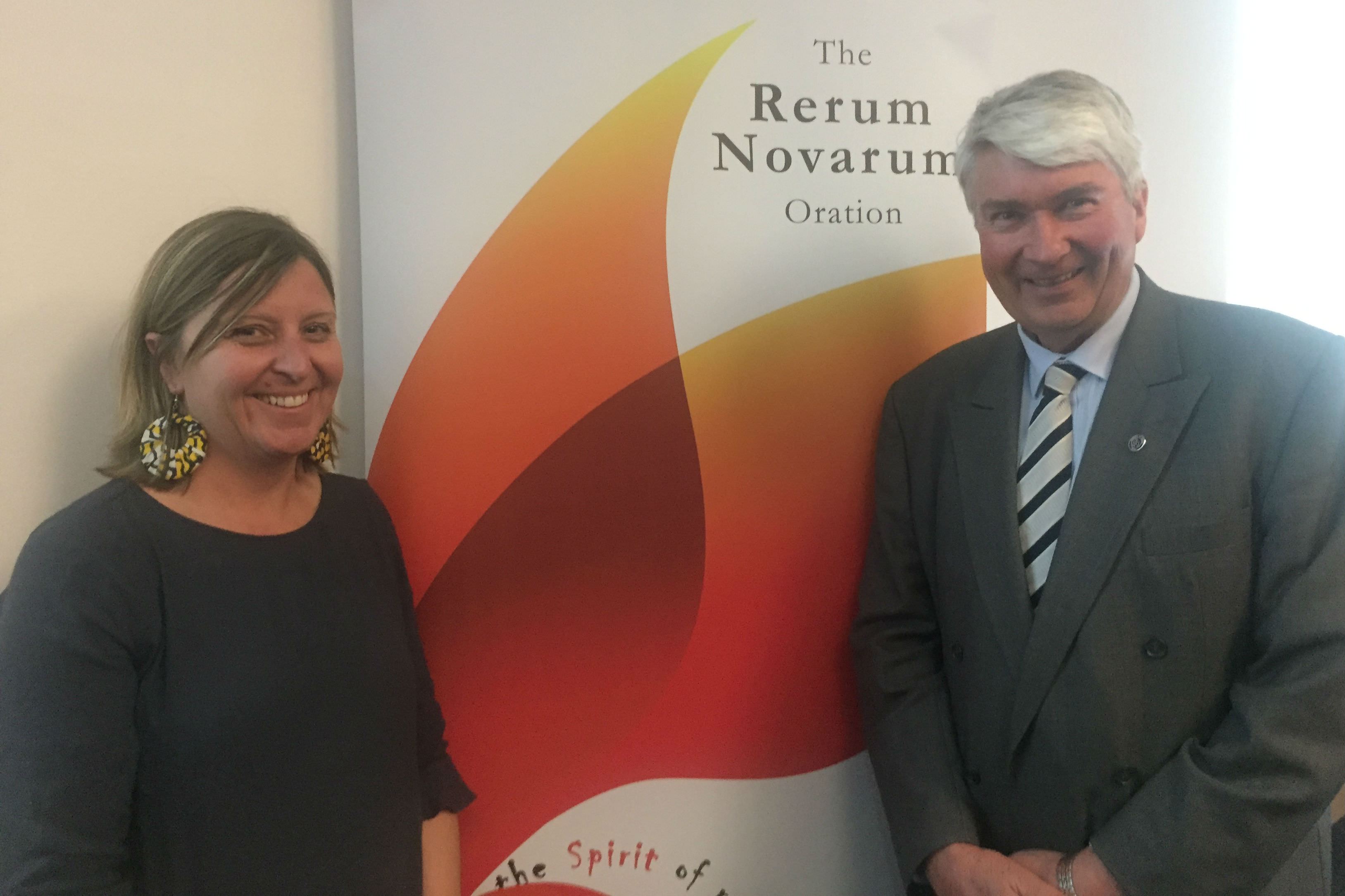
RELIGION
- Frank Brennan
- 08 November 2017
'We need to recommit to work for all those who are able and willing. We need to recommit to social assistance for all those who are not able. We need to ensure that a life of frugal dignity is within the grasp of all citizens.' 2017 Rerum Novarum Oration by Fr Frank Brennan SJ
READ MORE
-
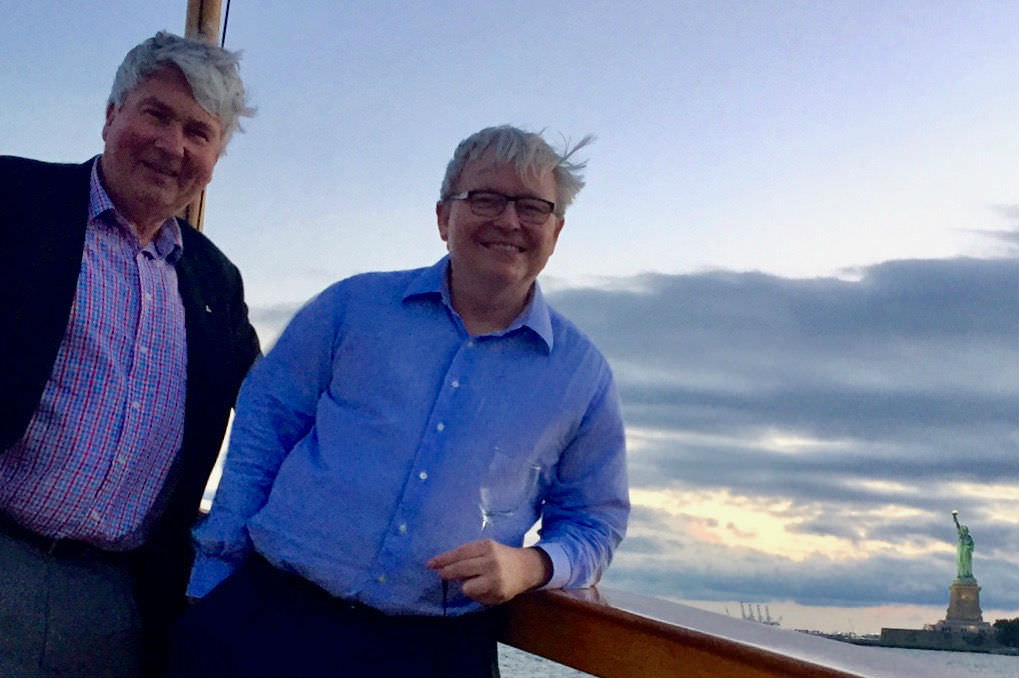
AUSTRALIA
- Frank Brennan
- 30 October 2017
9 Comments
The ogre in the book is John Howard, whom Rudd holds personally responsible for the attacks on Therese's decency and integrity in the lead up to the 2007 election. Rudd contends this 'cowardly behaviour' should not be forgotten, 'If only because this same ruthlessness remains a core part of the conservative DNA to this day'.
READ MORE 
-
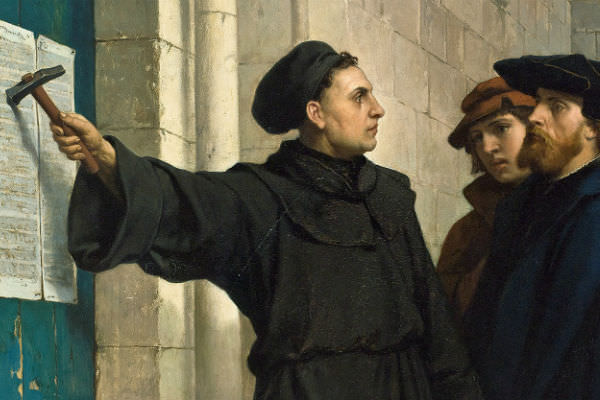
RELIGION
- Frank Brennan
- 26 October 2017
9 Comments
The first thing to note about this 500th anniversary of the Reformation is that it is the first centenary celebration or commemoration that we have been able to share together and without rancour.
READ MORE
-
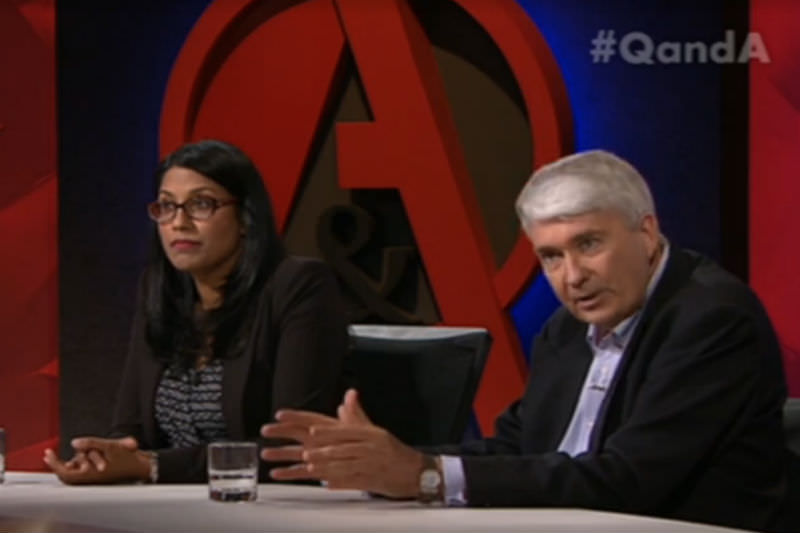
RELIGION
- Frank Brennan
- 25 October 2017
76 Comments
I said I would be very happy to play second fiddle. I wanted my presence to assist a respectful dialogue. I wanted to make it clear that a thinking and compassionate Catholic could have good reasons for voting yes. I wanted to insist that respect and endorsement of loving same sex relationships did not preclude consideration of issues such as freedom of religion.
READ MORE 
-
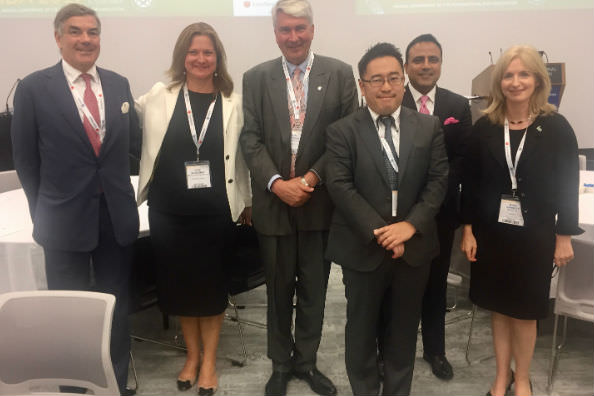
INTERNATIONAL
- Frank Brennan
- 12 October 2017
In the 16th century it was the Dominican friars like Vitoria, Las Casas and Montesino in Salamanca who confronted the state and challenged public opinion about the rights of the indigenous peoples in Spain's newly colonised lands. Not even the most nostalgic and forgiving Jesuit would opine that the modern practitioners of Morality with a capital M challenging the powers of the market and the state would be found in a modern monastery.
READ MORE
-
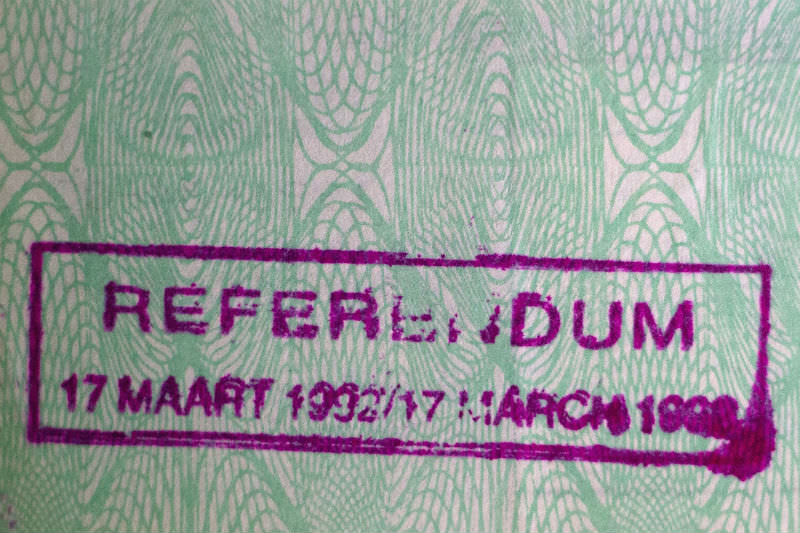
INTERNATIONAL
- Catherine Marshall
- 06 October 2017
3 Comments
One of the first votes I ever cast was the one in which I got to help decide whether a marginalised group of people should have the same rights as me. It was March 1992. I was a young, white, enfranchised South African working as a journalist. The referendum was one of the methodical steps taken by F. W. de Klerk in the dismantling of apartheid.
READ MORE 
-
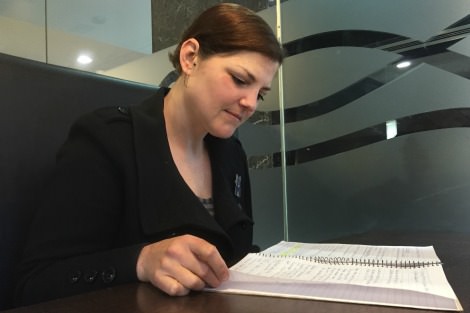
AUSTRALIA
- Kate Mani
- 12 September 2017
6 Comments
This Thursday will mark 70 years of Australian peacekeeping with a commemorative service and dedication of a new peacekeeping memorial. Dr Rosalind Hearder believes stereotypical perceptions of war and peace can leave Australians with a misguided understanding of peacekeeping. 'It's not the same experience as combat. But that doesn't mean it is easier. The long-term effects can still be damaging.'
READ MORE 
-

RELIGION
- Frank Brennan
- 03 September 2017
7 Comments
It is important for us to understand that a Catholic could vote 'yes' or 'no' in the forthcoming survey. It is not for me as a priest or for any bishop to tell you how to vote. I have been happy to tell people how I will be voting, but I have no interest in campaigning and urging my fellow Catholics or even my fellow citizens to vote a particular way. As with most public controversies arguments appealing to Catholics of good will can be made for either side in the dispute — as to what constitutes the common good, and as how best to respect the rights and entitlements of all persons, including children.
READ MORE